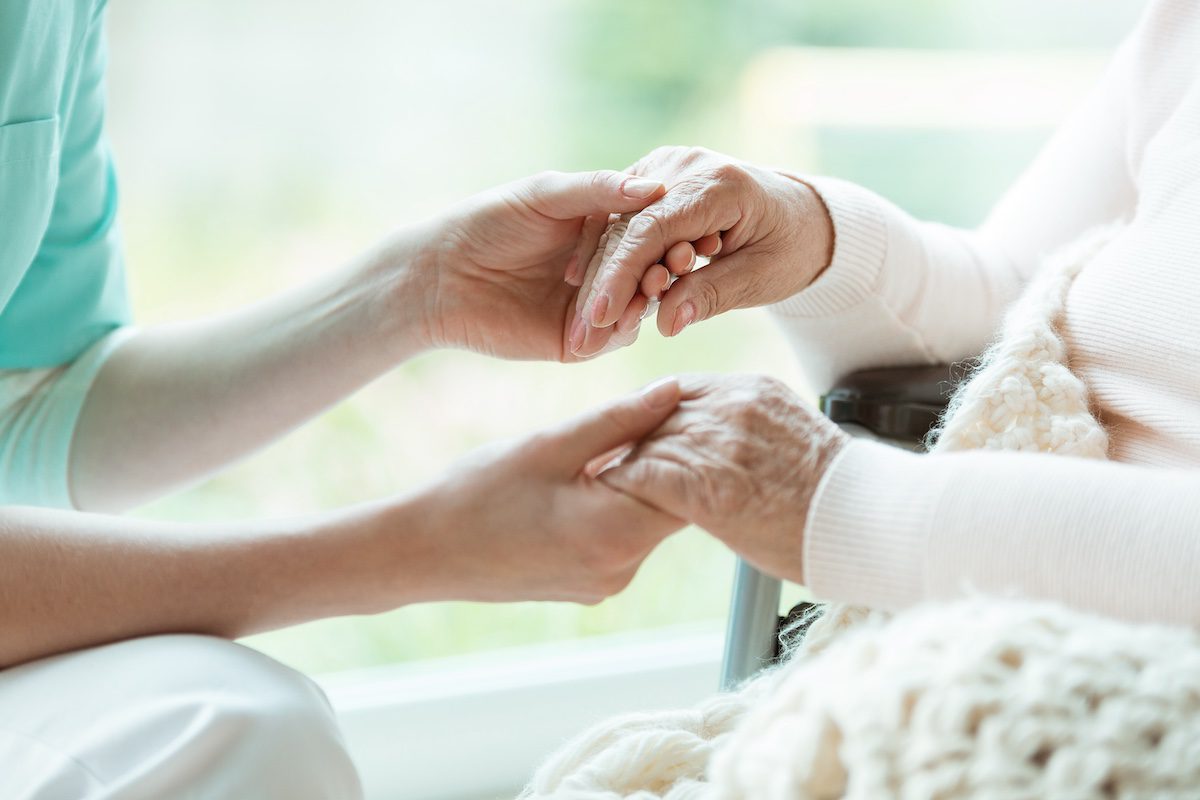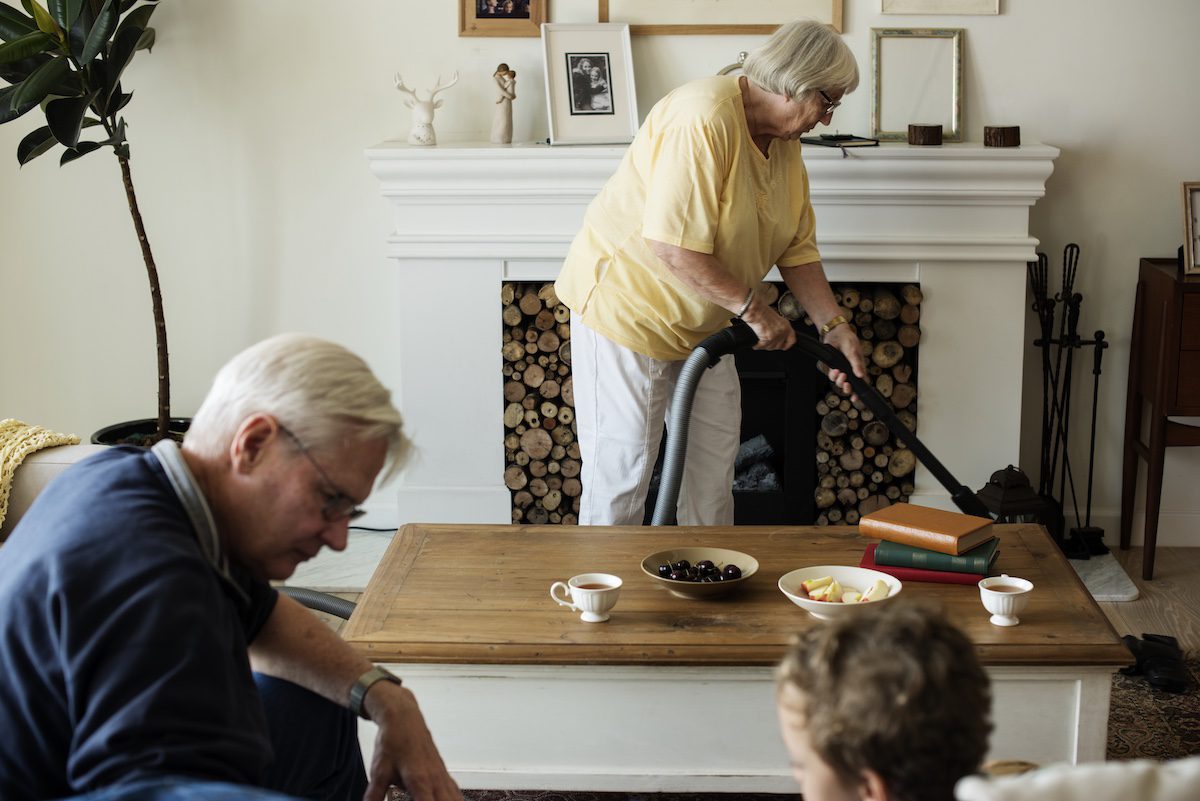There is no way to describe the crushing feeling of grief, nor is there a way to describe how much worse grief feels during the holidays. The holidays are a time for gathering and sharing time with your loved ones, and when a loved one is missing it can feel impossible to celebrate the same ever again. Many feel isolated and alone after experiencing a loss, and the holidays can amplify those feelings.
Through this, it’s important to remember that you can still use this time to honor and grieve your loved one. You can still celebrate the holidays and celebrate their memory. Follow along for our tips on handling the holidays after a loss.
Feel your feelings
You’re likely going to experience a huge range of emotions at this time. You may feel happy, sad, guilty, numb, angry or depressed, and that’s all perfectly normal. If the loss is recent, those emotions may be amplified. Attempting to suppress these emotions will only make you feel worse in the long run. Failing to grieve can result in incomplete or complicated grief, a condition where you maintain intense feelings of sadness months or years after the death. You may also experience delayed grief, where you experience no grieving emotions for a period and then they surface far later.
As you go through the holiday routine, check in with yourself. You may find some benefit from journaling your emotions to keep track of what you’re feeling. Studies have shown that journaling can help you to understand your thoughts better and process what you’re feeling rather than keeping it in.
Switch up the celebration
When you’re missing someone who was a key part of the holiday celebrations, it can feel impossible to celebrate the same way. For some people, it’s easier to switch up the celebration to make it easier while you’re grieving. For instance, if your grandma was always the one to make the turkey, consider going with another dish this year. Similarly, if you always gathered at a family member’s house for dinner, you might try going out for your holiday dinner instead. Sometimes the simple act of changing your routine can help with grief.
You might also consider adding a part of your holiday routine to honor the life of the person who has passed. Some will light a candle for them or leave an extra chair at the dinner table to honor their presence. You and your family work together to choose the best way to honor your loved one at your celebration.
Seek out support
No matter how you’re feeling, always remember that there are people who want to see you happy. Your friends and family will be there for you no matter what you’re going through. Be open about your emotions and don’t hide how you’re doing. If you need, consider finding a local support group or speaking to a counselor. We offer free grief counseling to those in need, so reach out if you need support.
Keep in mind that there is no perfect timeline for grief. Your loved one may have passed away years ago, but the holidays may still be a tough time for you. No matter when you lost your loved one, you should seek help if you need it.
Make a difference
For many, volunteering is incredibly cathartic. During the holidays, there is usually an increased need for volunteers across various nonprofits which gives the perfect opportunity to those who are interested. Being able to give back can help you to step outside of your grief and help you to feel as though you are helping others who need it. You might choose to volunteer at a hospice or nursing home, or you might give back to a cause that your loved one cared about. Whichever you choose, you can be certain that it will help to give you peace of mind during the holidays.
Whether you need bereavement services or hospice care, we’re here to help.
Contact us at Seasons Hospice of Tulsa or Season Hospice of Muskogee today. We provide a full range of services including hospice, bereavement care, and caregiver support to those who need it most.




